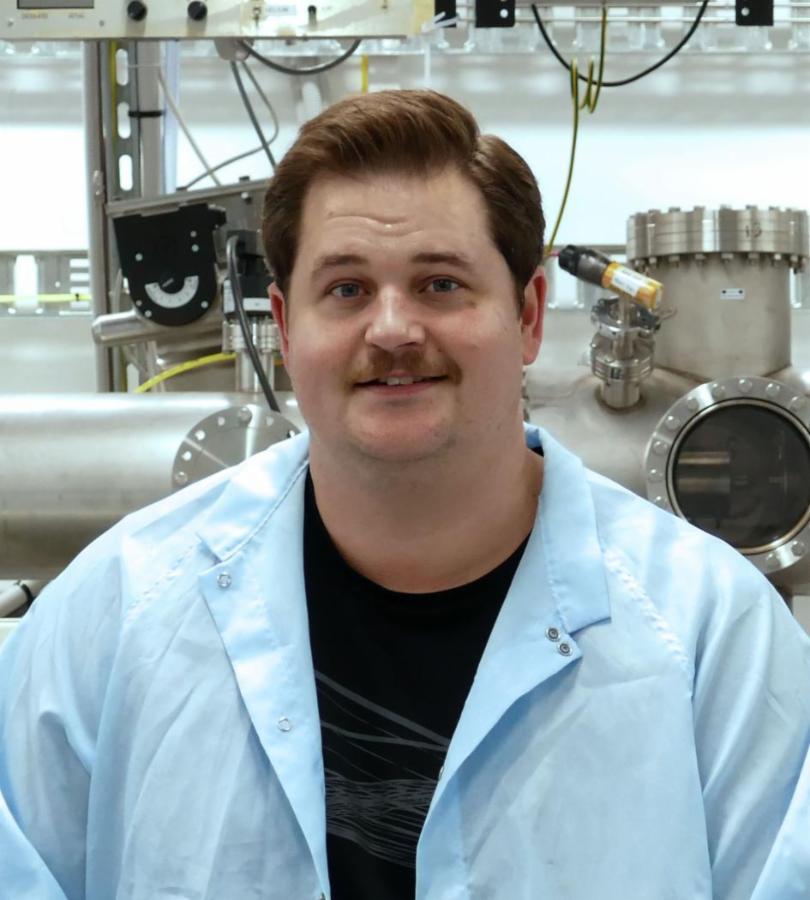Listen on Spotify | Stitcher | Youtube | Apple Podcasts
In this episode
0.47 Our research is about neuromorphic computing and specifically using percolating nanoparticle networks
2.15 There's many pathways which the current can flow through that network and there are some pathways that just aren't quite completed, so there's gaps. So in those gaps is where the interesting physics takes place.
3.29 We want to use these chips that have these brain-like dynamics to try and create hardware versions of artificial neural networks
4.15 We want computers that are intelligent, that can make decisions, that can recognize patterns and predict what's about to happen. And so we basically want our computers to do things that humans are good at now.
5.00 The most advanced artificial intelligent systems use megawatts of energy. Whereas the biological counterpart, the human brain, only needs a sandwich and a glass of water to run
5.15 We want to take the inspiration from nature's approach to information processing, and try and replicate that.
6.02 The more we can reduce the amount of power needed by computing hardware in the world, the more we can reduce those negative effects of generating that power.
6.28 I didn't decide - "I really want to work on neuromorphic computing." It's one of those things where it was an opportunity that presented itself to me.
8.01 I would like my research to contribute towards humanity's understanding of intelligence.

Josh Mallinson
After completing his undergrad at UC in 2012 Josh Mallinson worked in the construction industry for four years. In 2016 he decided to come back to UC to further his learning. He contacted one of his favourite lecturers to see what projects he was working on, which eventually led to his present PhD topic in neuromorphic computing.
“For me, the most enjoyable aspect of my work is developing and testing theories. I see some strange behaviour in the data I’ve collected, I develop a theory to explain it, and then devise a way to test the theory. Proving a theory correct is one of the most rewarding experiences I’ve ever had.”

Molly Magid
Molly Magid is an MSc student at UC. A recent graduate of Brown University, Molly is working on research in conservation genomics with Associate Professor Tammy Steeves from the School of Biological Sciences. Molly is passionate about finding ways to communicate science to the public in a clear, novel, and engaging ways. Most recently, Molly worked as the lead student producer on the podcast Possibly, which answers listener's questions about sustainability using relevant science research.

